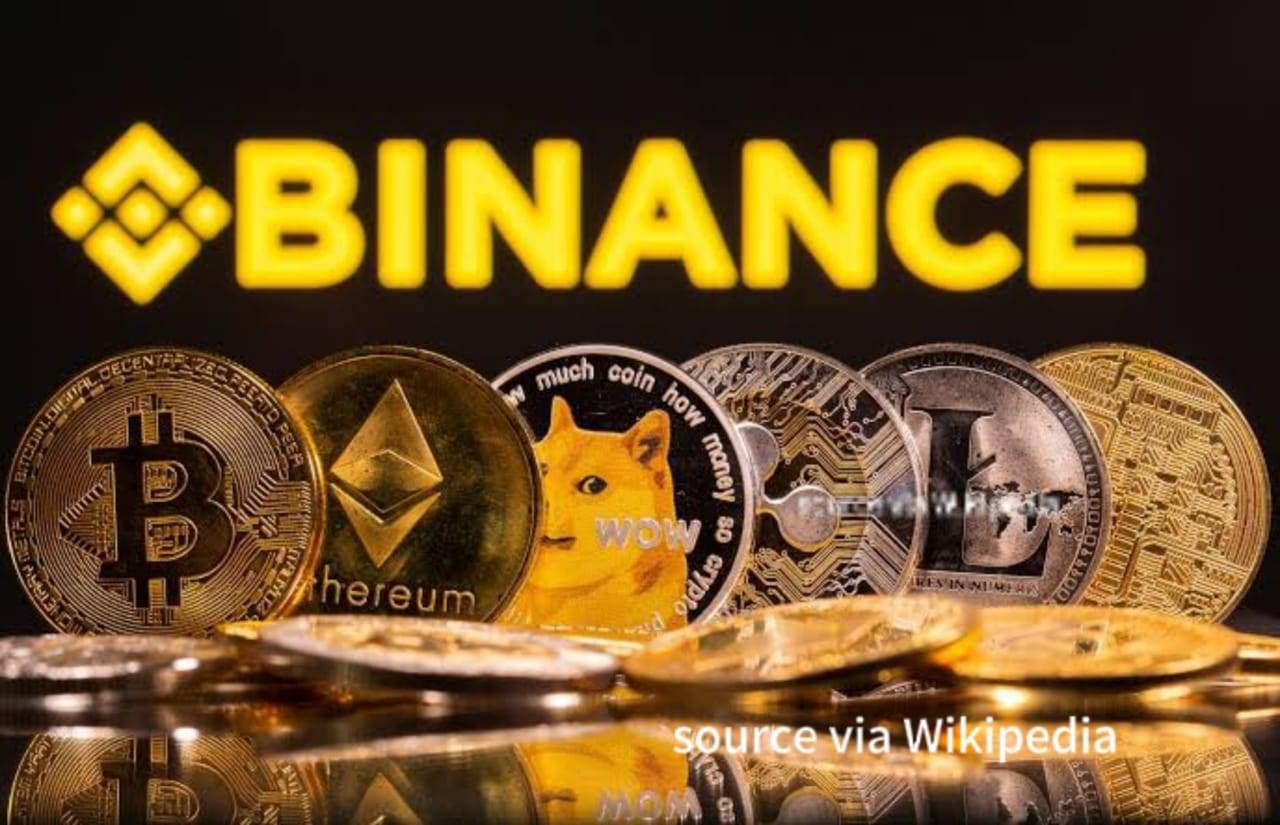In a recent development, the Federal Government of Nigeria (FG) has taken decisive action against cryptocurrency exchanges, particularly targeting Binance, one of the world’s largest platforms. According to reports from the Financial Times on Wednesday, two high-level executives from Binance have been detained as part of this crackdown. The FG has obtained a court warrant to hold these executives in custody for at least twelve days, signaling the seriousness of the government’s stance.
Legal Implications and Economic Concerns Binance Executives Detained
The detention of Binance executives raises significant legal implications and sparks concerns about its potential impact on the cryptocurrency industry. With the executives held in custody for an extended period, the situation is poised to escalate, prompting questions about regulatory oversight and the autonomy of digital asset exchanges. As the legal proceedings unfold, stakeholders are closely monitoring how this move could shape the future of cryptocurrency regulation in Nigeria and beyond.
Presidential Aides Warn of Economic Threats
Presidential aides, including Bayo Onanuga, have voiced strong concerns about the economic threats posed by Binance. Onanuga emphasized the potential harm to Nigeria’s economy if decisive action is not taken to curb Binance’s influence. He pointed out that the platform has been allegedly manipulating exchange rates, undermining the role of the Central Bank of Nigeria (CBN), and distorting the country’s economic landscape. Urging swift measures to address the situation, Onanuga stressed the importance of preventing further destabilization and safeguarding the financial system.
Call for Regulation and Monitoring
In light of these developments, there is a growing consensus on the need for robust regulation and monitoring mechanisms to rein in platforms like Binance. Calls have been made for the CBN to establish a dedicated monitoring team to oversee cryptocurrency exchanges and prevent undue market manipulation. Advocates argue that such measures are essential to ensure transparency, protect consumers, and uphold the integrity of Nigeria’s financial ecosystem. As the government navigates this complex landscape, President Tinubu’s Economic Team has been urged to take decisive action to address the challenges posed by unregulated cryptocurrency trading effectively.
Nigeria’s crackdown on Binance underscores the growing regulatory scrutiny facing cryptocurrency exchanges globally. As the country grapples with the implications of digital asset trading, balancing innovation with regulatory oversight remains a key challenge. Moving forward, concerted efforts are needed to establish a framework that promotes financial stability, fosters innovation, and protects investors’ interests in the evolving landscape of digital finance.Nigeria Considers Imposing Billions in Fines on Cryptocurrency Giants.
In a bid to assert control over its financial system, the Nigerian government, led by The Securities and Exchange Commission (SEC), is contemplating imposing substantial fines, potentially amounting to billions of dollars, on Binance, one of the world’s largest cryptocurrency exchanges, along with other cryptocurrency companies operating within the country. This move comes amidst a growing concern over the influence of such platforms on the national economy. While platforms like Binance offer innovative financial services, there is a palpable need for national economies to maintain regulatory oversight over their financial systems to safeguard against potential disruptions.
The central bank of Nigeria plays a crucial role in stabilizing the Naira, the national currency, and any external factors that could potentially disrupt this balance must be carefully monitored. The proposed fines indicate a proactive stance by Nigerian authorities to ensure that all financial institutions operating within the country adhere to regulatory standards and contribute positively to the stability and growth of the economy. Upholding stringent regulatory measures not only protects the integrity of the financial system but also instills confidence among investors and stakeholders.
Upholding Economic Stability Amidst Regulatory Actions
While the move to impose fines on cryptocurrency giants signals a welcome development in bolstering regulatory oversight, it also underscores the imperative of protecting Nigeria’s economy against external influences. The call for increased scrutiny and transparency, particularly in transactions amounting to $26 billion, resonates with the need to combat illicit financial activities and ensure that economic resources are utilized for the benefit of the nation. The suggestion for the Economic and Financial Crimes Commission (EFCC) to investigate and expose beneficiaries underscores the commitment to accountability and justice in financial dealings.
However, amidst regulatory actions, there is a pressing need to focus on strengthening the fundamentals of the economy. Enhancing local production and promoting domestic consumption are paramount in driving sustainable economic growth. While regulations are essential in curbing excesses and ensuring compliance, they should be complemented by efforts to stimulate productivity and foster economic resilience. Ultimately, a holistic approach that addresses both regulatory concerns and fundamental economic challenges is essential in navigating Nigeria’s economic landscape and fostering long-term prosperity.
Table of Contents
Discover more from OGM News NG
Subscribe to get the latest posts sent to your email.














